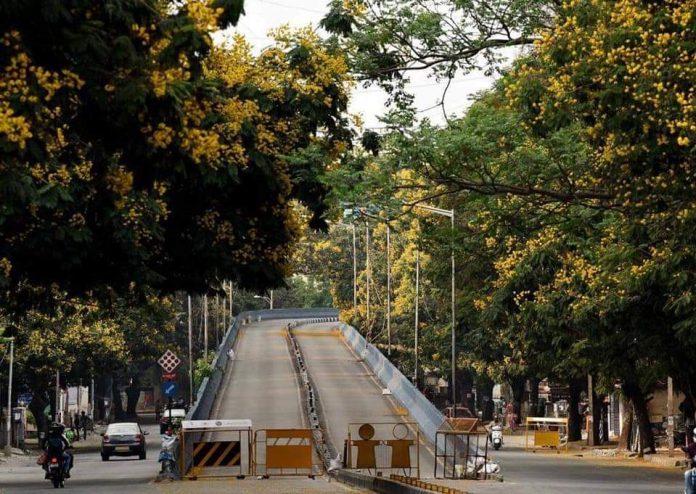
I live in Bangalore, a city infamous for its hours-long traffic jams where the honking of cars has become white noise. But for the past four weeks, the only noise I’ve had accompany my ears is the silence. India is in lockdown.
The idea of being locked up in our homes, is a snatched privilege that we treat as a right. As we sit watching the news on TV, there is a fear that we don’t have enough tests, we don’t have enough facilities, we don’t have any way of knowing how many of us are really sick. Of course, there’s a saying going around on social media: ‘we aren’t stuck at home, we are safe at home’.
Personally, quarantine doesn’t scare me. I’m one of the survivors of the first wave of H1N1 that rocked the world in 2009 (not to this scale, of course). I’m a home body. But there is a guttural fear and loneliness that comes with having options taken away.
I see those options taken away for migrant workers who are forced to walk miles to return home; I see it when my North-East Indian friends and East-Asian migrant students, have to wear sunglasses so racist people won’t attack them in the streets. In these unprecedented times, there are both good and bad stories that we come across every day.
India has now extended its lockdown till the first week of May, making it over thirty days of empty streets and police vigilance. All services except for pharmacies, hospitals, grocery stores and other essential services are closed. All education, training and research institutes have been shut; non-essential public and private transport suspended; and visiting places of worship is not an option. In some regions of the country, there will be conditional relaxation of the lockdown.
The government tries to evoke a community spirit by banging pots and pans to thank medical workers, but it would be better to see tangible support like better pay, more masks and more beds. Unfortunately, people went to the streets in a misguided attempt to celebrate, some even setting firecrackers (more harmful for the environment, and the safety of lungs – which the coronavirus is attacking) instead of lighting lamps. Houses have caught fire and quarantines have been broken.
India’s lockdown is, in many ways, stricter than most countries. Right now, we have a relatively low number of cases. Is this because of these lockdown measures? Or is it because there is insufficient testing?
The truth is – we are scared. Our lockdowns are extended. Our hotspots declared. But none of us know what is really happening, neither does the rest of the world. In early April, we reached a million cases of the coronavirus globally, something no one would have seen coming.
We continue to work from home, watch the news, and try to understand what is happening. But we don’t still know what the future holds for us.




